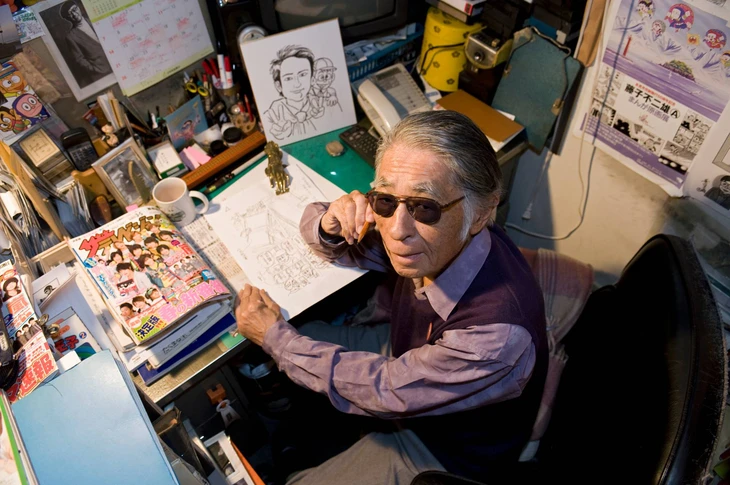
Fujiko A. Fujio continued to work hard to create and make animated films until the last years of his life - Photo: The Japan Times
However, Fujiko A. Fujio's legacy, besides the robot cat Doraemon, also includes countless stories that are both bizarre, witty, and dark to criticize the reality of Japanese society at that time, such as Kaibutsu-kun or The Laughing Salesman .
Not only the father of Doraemon
Born in 1934 in Himi city (Toyama prefecture), Abiko showed her passion for drawing comics early in elementary school.
It was here that he met Hiroshi Fujimoto - his future close friend and collaborator. In 1954, they officially collaborated under the common pen name Fujiko Fujio, opening a brilliant period of Japanese manga.
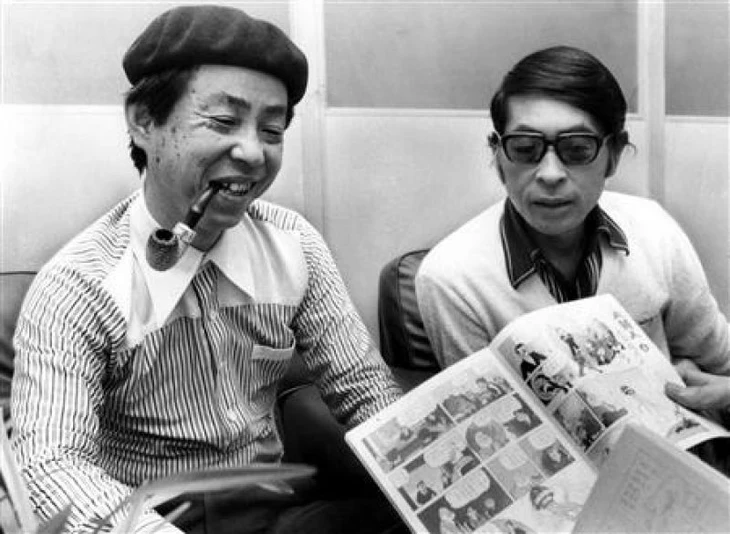
The legendary duo Fujiko Fujio, although both have very different creative souls, can still work together to produce magical works for children around the world - Photo: The Japan Times
After more than three decades, the two parted ways to pursue their own paths: Fujimoto took the pen name Fujiko F. Fujio - continuing to take care of their "common child" Doraemon, while Abiko chose the name Fujiko A. Fujio, expanding her creativity to the fields of anime, television and cinema.
Although most people remember him for the robot cat Doraemon, Abiko still made his own mark with colorful, strange worlds.
Kaibutsu-kun ( Monster Boy ) is one of his most famous works, telling the journey of a strange boy and creatures from the land of monsters.
In 2010, this work was adapted into a TV series and quickly became a big hit.
Another work with a strong Fujiko A. Fujio style is Ninja Hattori-kun (Vietnamese title: Ninja Disorder ), about a shy boy named Kenichi who is helped by an 11-year-old ninja named Hattori.
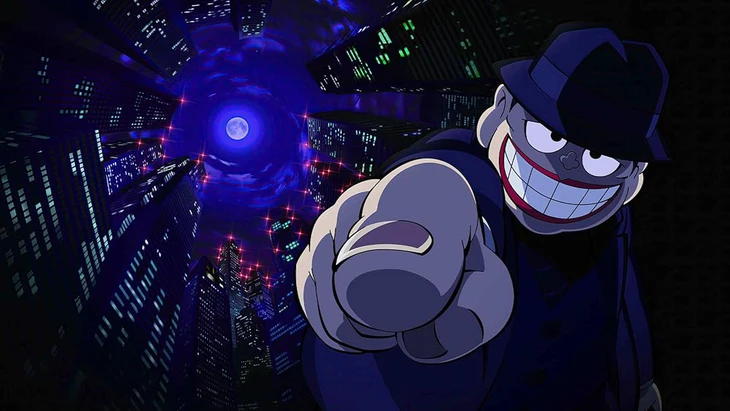
In addition to creating dreams for children, Fujiko A. Fujio can also create nightmares for adults through works such as The Laughing Salesman - Photo: Prime
The story is both humorous and touching, expressing a familiar theme in Abiko's writing: the coming-of-age journey of a clumsy, flawed boy.
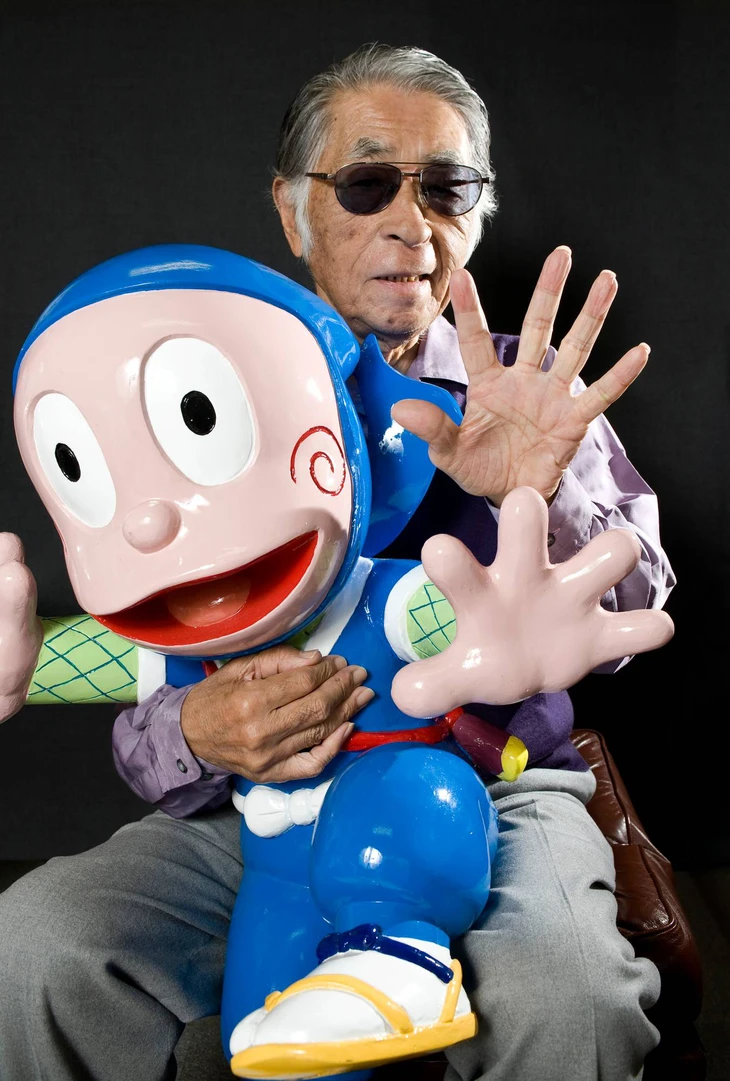
Fujiko A. Fujio next to one of her brainchildren who was once as famous as Doraemon in Japan - Ninja Hattori-kun (Vietnamese title: Ninja with disorder) - Photo: The Japan Times
Since the 1970s, Abiko has turned her writing to more mature themes, exploring the darker side of humanity with a cold, satirical voice.
The Laughing Salesman, released in 1968, is a typical example. The main character, Moguro Fukuzou, is a cunning salesman who specializes in "filling the empty souls" of the dissatisfied in society.
The story blends horror and tragicomedy, reflecting the ambition and loneliness of modern man during a period when Japan was drunk on economic growth - a style that critics have called "Abiko-esque".
Abiko's reception has not always been warm. Some of his works have been deemed "problematic" or banned from reprinting, such as Madman's Army - a story that appears to be about baseball but contains extreme content about mental illness, with characters based on real people.
Despite the controversy, Abiko still asserts that only "those who truly understand manga" can fully appreciate the value of the work.
The fate that made Fujiko Fujio
What makes fans respect Abiko is not only talent, but also humility. He once called Fujimoto a "true genius" that he "cannot compare to".
Both were deeply influenced by Osamu Tezuka, author of New Treasure Island, Astro Boy, Dororo ... Abiko once described Tezuka's stories as "like a movie on paper".
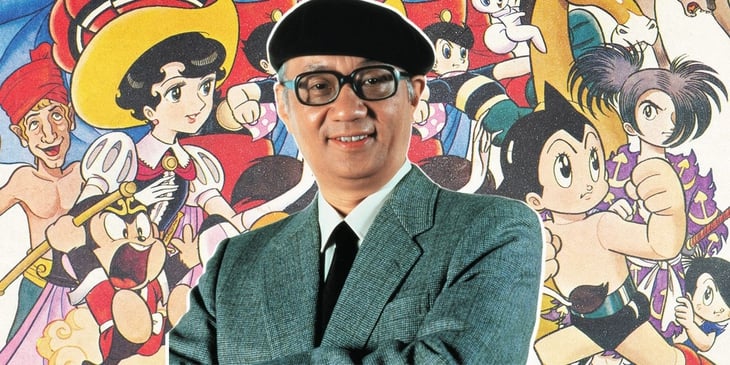
Like many young mangaka at that time, the Fujiko Fujio duo idolized the "father of Japanese manga" - Mr. Osamu Tezuka - Photo: IMDb/Essential Japan
The dream of becoming a manga artist was born from then on, although Abiko was still skeptical at that time: "How could two country kids fulfill that dream?".
In 1954, at the age of 19, Abiko left his hometown for Tokyo after quitting his uncle's job as a reporter for the Toyama Shimbun newspaper. He said that Fujimoto, after failing as an electrician, advised him to "go after your dream together." Moved by his friend's advice, Abiko decided to bet her future on art.
Four years later, he moved to Tokiwa-so, the legendary boarding house for Japanese manga artists.
Trailer for the movie Doraemon: Nobita and the Undersea Castle, a remake of one of the masterpieces of the Fujiko Fujio duo
Here, Abiko had the opportunity to meet his idol Osamu Tezuka - whom he called "Japan's Shakespeare". Abiko once said: "Without Tezuka, Japanese manga would never have developed as it is today".
Despite receiving many major awards in his later years, Abiko never considered himself a legend. But to the public, he was the one who expanded the boundaries of manga, from the world of children to the hidden corners of humanity.
Together with their close friend Hiroshi Fujimoto, they left an indelible mark on Japanese popular culture - people who dared to dream, dare to go, and dare to create to turn manga into a global art form.
Source: https://tuoitre.vn/nguoi-cha-thu-2-cua-meo-may-doraemon-tung-co-tac-pham-ve-benh-tam-than-bi-cam-20251014144102451.htm











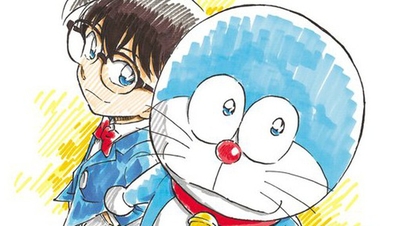


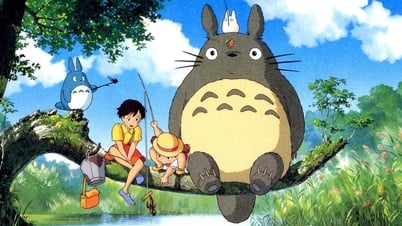








































































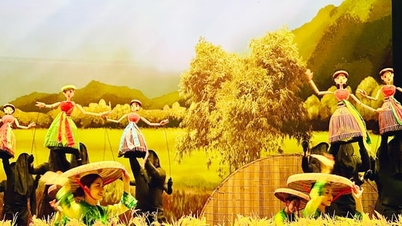





















Comment (0)